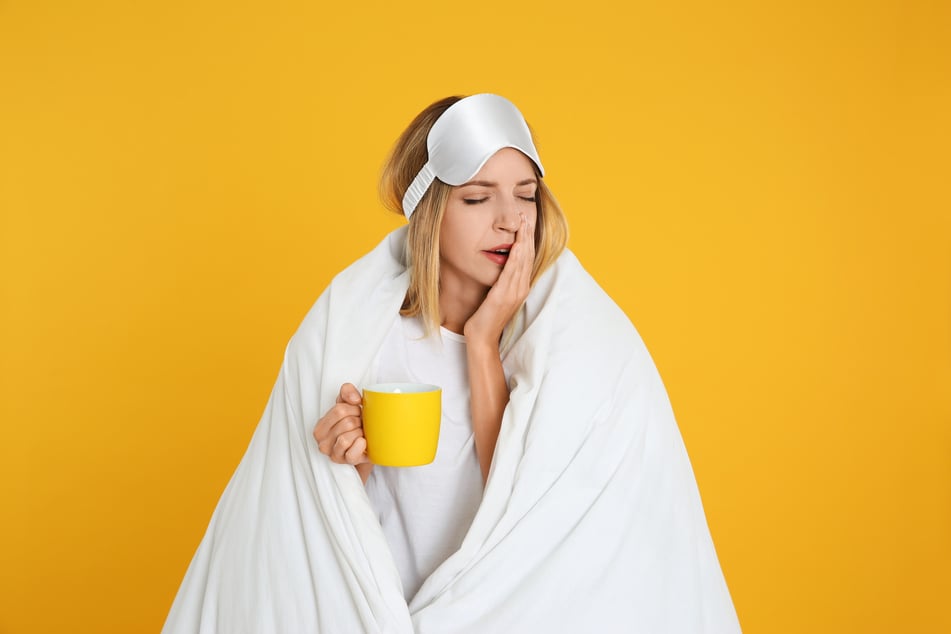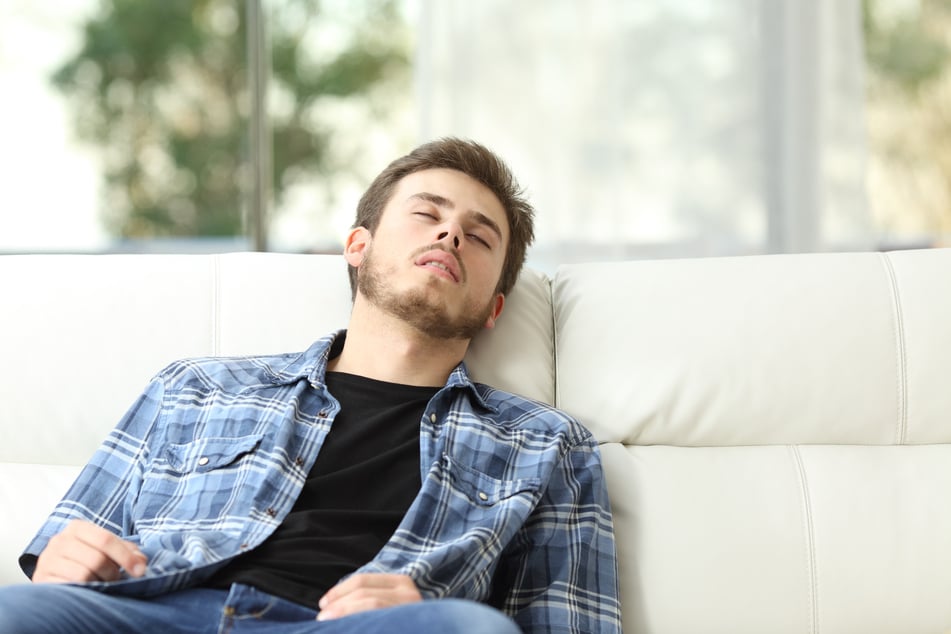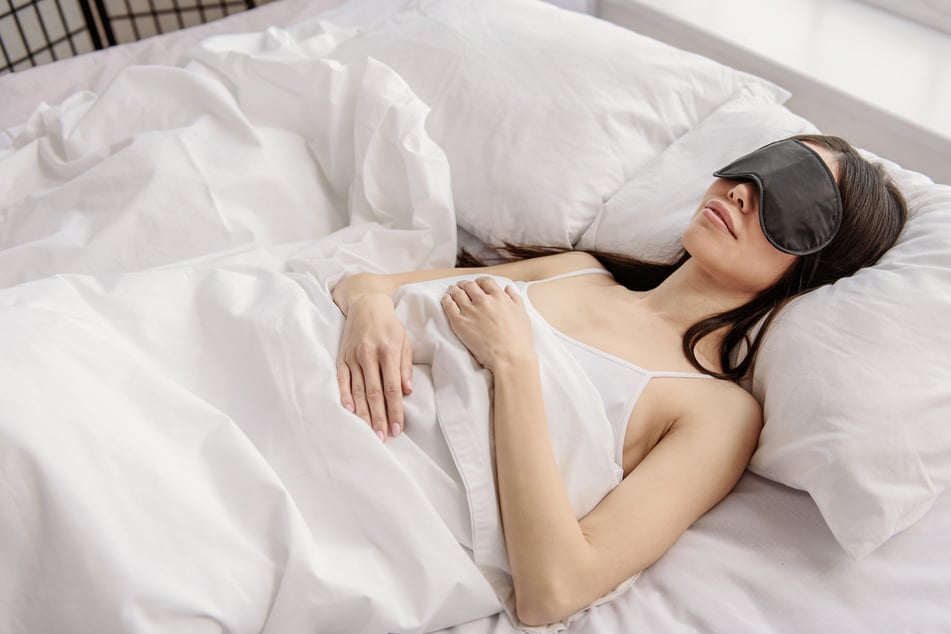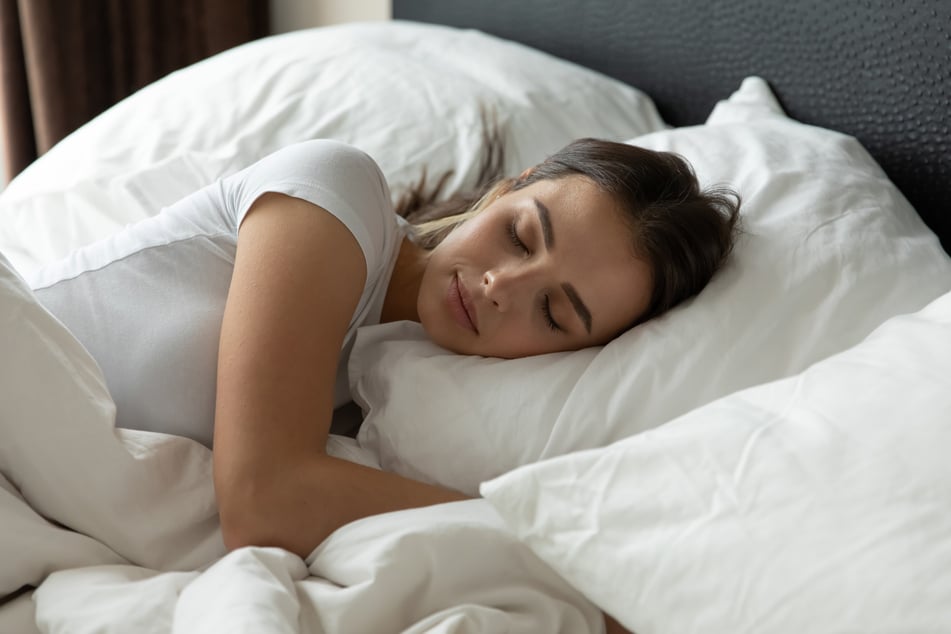Is napping healthy or harmful? A look at the science on siestas
In some countries, afternoon naps are as common as lunch. In others, they're a controversial luxury. Proponents say napping helps boost productivity. And scientists? Reseach has linked naps to health risks. But napping itself is often not the problem, experts believe.

While afternoon napping is part of everyday culture in Japan and Spain, the siesta has become more tolerated in modern Western workplaces, notably in Silicon Valley.
Ask anyone who naps during the day, and they will likely tell you it improves their concentration, creativity, and/or productivity.
And yet new research is shaking up the napping scene with warnings of links to health problems.
Those who regularly take a short nap during the day increase their risk of high blood pressure and stroke, according to a 2022 study published in the journal Hypertension.
Frequent or regular daytime naps are associated with a 12% higher risk of developing hypertension and a 24% higher risk of stroke in adults, compared to people who never took a nap, the Chinese researchers found, based on data from the UK.
The study also found there was a higher percentage of men among regular daytime nappers, and that subjects often had lower levels of education and income, and were often people who smoked, drank alcohol daily, suffered from insomnia, or were more likely to be night owls.
You snooze, you lose?

Sleep researcher Michael Grandner from the University of Arizona, commenting on the study, emphasizes that it is probably not the nap itself that is harmful.
Instead, many people who take a short nap during the day do so because of a lack of sleep at night: "Poor night sleep is associated with poorer health, and a nap is not enough to compensate."
Thus, the research confirms previous study findings "that generally show that taking more naps seems to reflect increased risk for problems with heart health and other issues."
In addition, a recent study found that increasing naps could be an early signal of dementia – especially if the person is getting enough sleep at night.
However, this is no reason to demonize napping in general.
A French study found that a brief nap could help increase creativity. Greek researchers also observed that a half-hour nap could even protect against cardiovascular diseases, but only if you take it no more than once or twice a week, as a Swiss study added.
Young people benefit from naps

In addition, younger people in particular seem to benefit from napping during the day. A US study showed that naps have a positive effect on teenagers' concentration and learning behavior.
This is not least due to the fact that they often have a shifted sleep rhythm: they go to bed late, but have to get up early because of school.
In many Western countries, however, napping is often frowned upon, says lead author Xiaopeng Ji from the University of Delaware. There, the monophasic sleep pattern would be considered a sign of mental maturity. "In China, time for napping is built into the post-lunch schedule for many adults in work settings and students at schools."
In any case, research by Michigan State University shows we should not expect life-changing effects from a nap. As its authors write in the journal Sleep, a short nap has little benefit for cognitive abilities and would especially not compensate for a night of poor sleep.
"We found that short naps of 30 or 60 minutes did not show any measurable effects," lead author Kimberly Fenn said.
Some people need more sleep

Regardless of what a nap does, the need for it seems to be partly genetic. At least that's what sleep doctors at Massachusetts General Hospital found in a large study.
As they report in the scientific journal Nature Communications, there are three types for whom a nap is particularly important:
1: People who get up very early
2: People who suffer from sleep disorders
For both, the short sleep break during the day is necessary to recharge the batteries.
3: There are also people who need more sleep for genetic reasons and also like to take a short nap during the day.
"This tells us that daytime napping is biologically driven and not just an environmental or behavioral choice," says co-author Hassan Saeed Dashti.
However, health problems such as high blood pressure or pronounced obesity could also lead to above-average fatigue. More research into the causes is needed here, which could also focus more on individual rest needs, says physiologist Marta Garaulet, another co-author.
"Future work may help to develop personalized recommendations for siesta."
Don't nap too late in the day
Previous studies on the topic suggest that the optimal length of a midday nap, as well as the question of whether it is necessary at all, depends primarily on individual factors.
People who suffer from sleep disorders at night should refrain from taking a nap, as this might delay the time at which they get tired in the evening.
With this in mind, it's best to avoid napping too late in the day and resting for too long: 20 to 30 minutes are often ideal to avoid slipping into REM sleep and feeling even more exhausted after waking up than before.
According to researchers in Australia, the refreshing effect of the optimal nap could be enhanced by a surprising trick: If you drink a coffee before a nap and set your alarm clock for 20 minutes, you wake up with exactly the caffeine boost.
Cover photo: 123RF/belchonock

